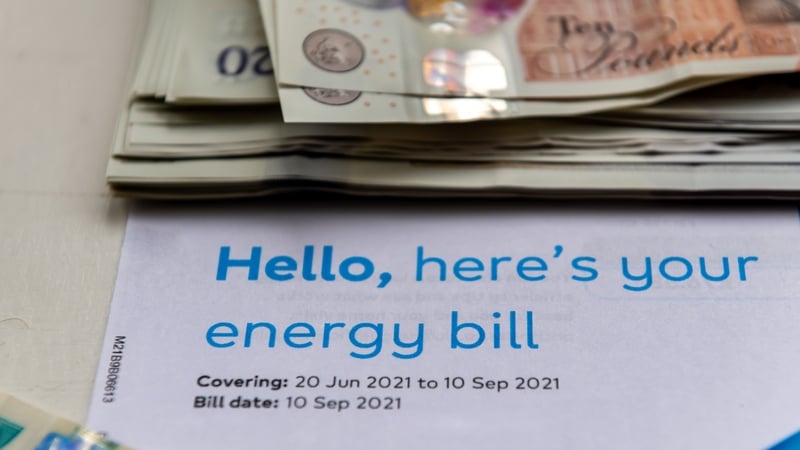Millions of British households will see lower energy bills from July after regulator Ofgem said its domestic price cap would fall 7% to reflect lower wholesale energy prices.
The reduction is welcome news for the UK government, under pressure to ease a cost-of-living squeeze, and comes after data earlier this week showed a bigger-than-expected rise in inflation in April.
“Global wholesale prices for energy have gone down. While this is the main cause, changes to supplier business costs have also made an impact on energy prices falling,” Ofgem said in a statement.
Wholesale gas and power prices are a major part of the formula the regulator uses to calculate the price cap.
Benchmark British gas prices have fallen almost 40% since their peak in February, dented by fears over an industrial slowdown and global trade war and after the EU parliament has backed weaker gas storage rules.
Despite the fall, domestic energy prices remain around 50% higher than they were in the summer of 2021, before Russia’s invasion of Ukraine sent gas prices soaring and sparked an energy price crisis in Europe.
Consumer groups warned that energy costs remain unmanageable for many households and called for more support for those struggling.
“Any fall in the price of energy is always welcome news, but this is a short fall from a great height. Bills remain punishingly high for low-income households,” Adam Scorer, Chief Executive of energy poverty charity National Energy Action, said.
British Prime Minister Keir Starmer said earlier this week he recognised that older people were still feeling the pressure of energy prices and he wanted to ensure that more pensioners become eligible for winter fuel payments, having curbed the number of people eligible last year.
Ofgem’s new cap of £1,720 a year for average use of electricity and gas is down £129 from the previous cap for April-June.




